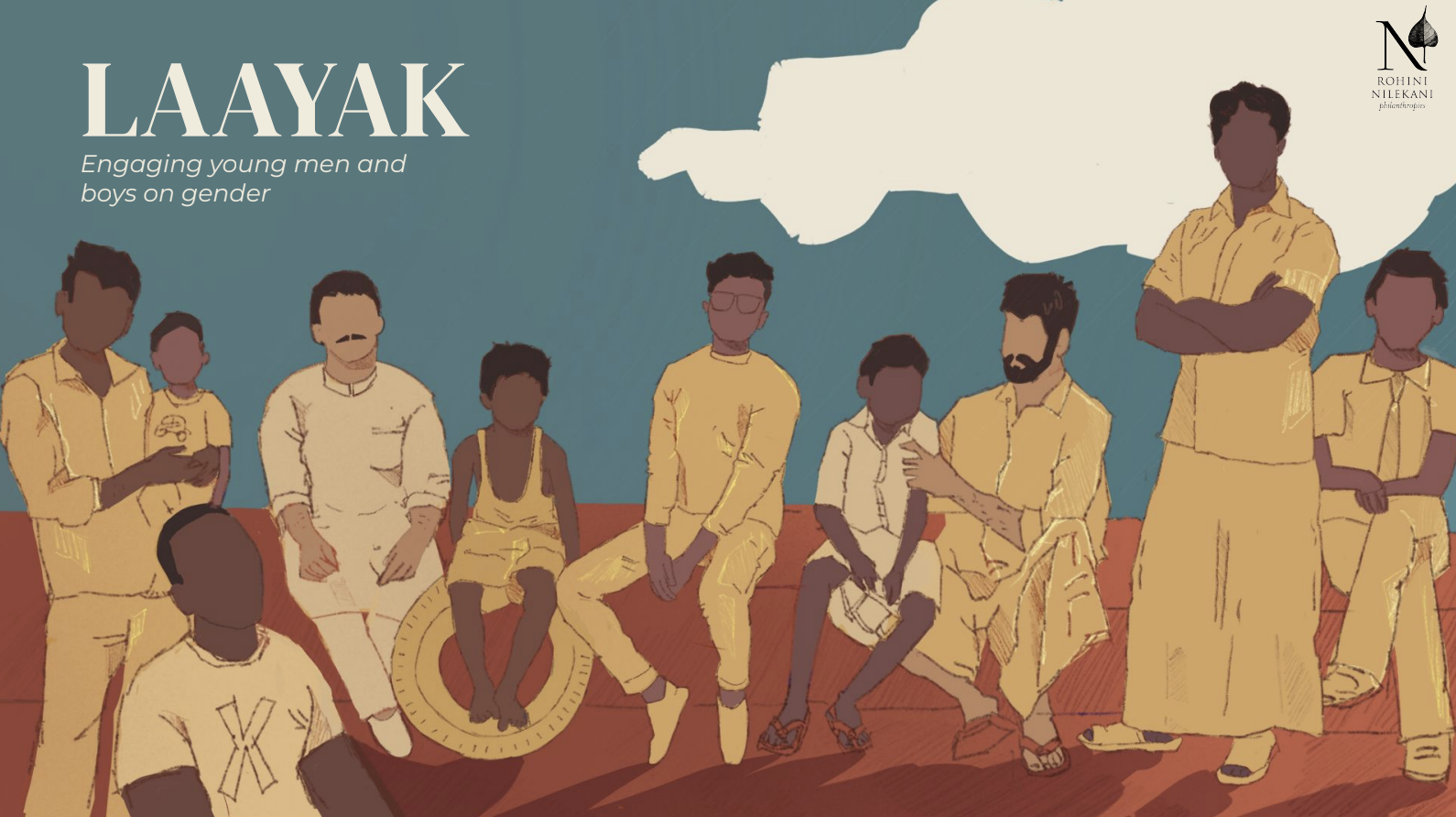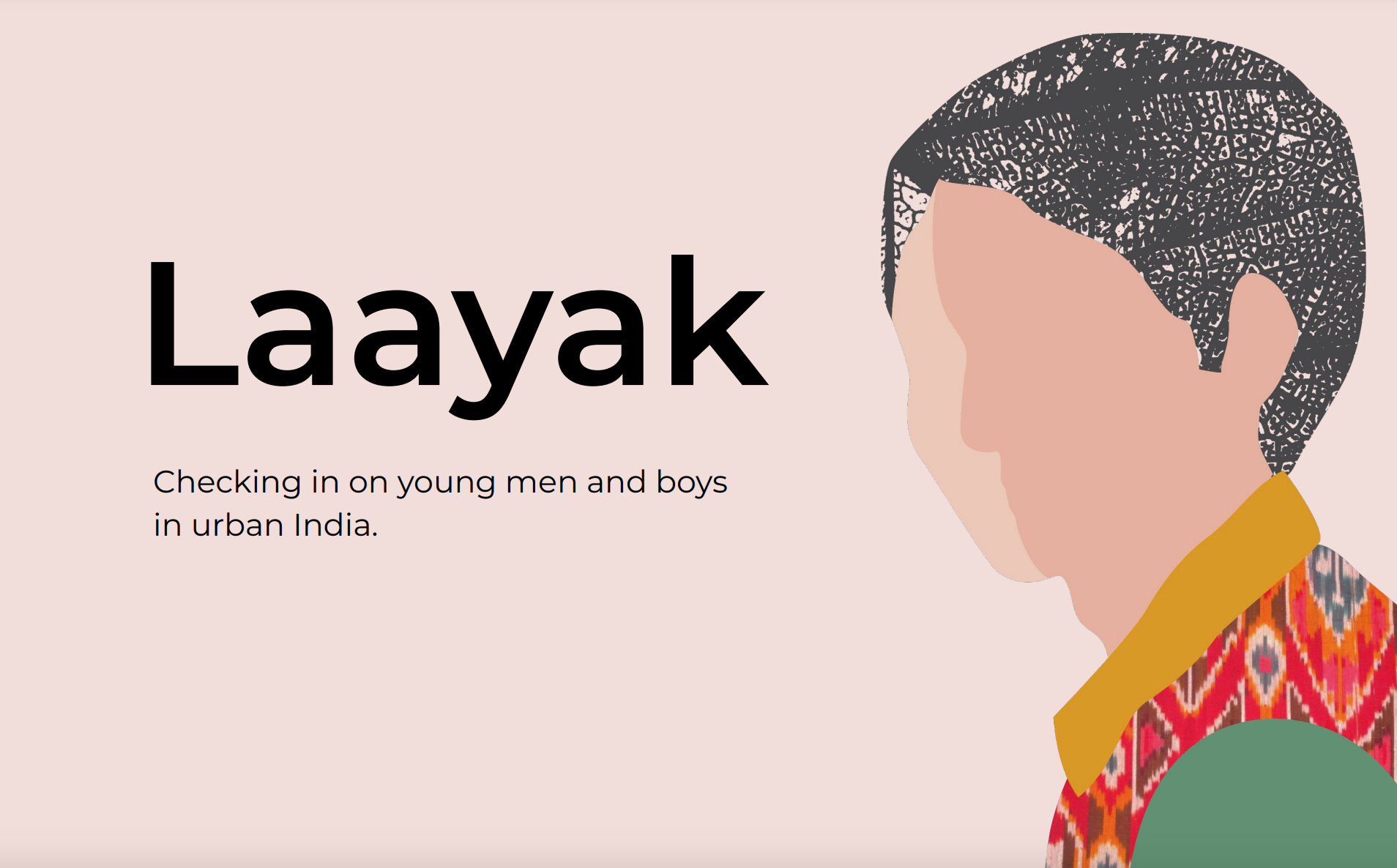RNP’s Male Engagement Portfolio
Key Questions
- To what extent do male adolescents and adults believe these projects benefit them personally, and in what ways?
- Compared to the other benefits that these projects provide, to what extent do male adolescents and adults value the opportunity to embrace alternative masculinities?
- What have been the unanticipated outcomes of these projects?
- To what extent have projects with an explicit intent to build critical thinking in male adolescents and adults been able to do so?
- How do these programs compare with one another, in terms of their content and structure, length, the role of the peer group and the age of participants?
- What do the female family members and friends of male participants know about these projects? What changes in male participants have female family members and friends observed, and what is their opinion of these projects?
Research Partner: Probex Consulting
This report synthesizes primary research conducted by Probex Consulting, as well as several secondary sources. The primary research by Probex Consulting was on the programs of 4 of the RNP grantees in the Young Men and Boys Portfolio. These programs were CORO’s GLDP, PRADAN’s Yuwashastra, Swayam’s “Towards Violence Free Communities” and The Gender Lab Boys’ Program. The research outputs were stand-alone reports for the first 3 programs, and a presentation for the fourth.
This report is also based on two types of secondary research, as well as materials produced on the Young Men and Boys grantees for the purposes of knowledge transfer and communication. In addition to the secondary research conducted specifically for this synthesis, this report draws from a literature review by Probex Consulting for Arpan. This review examined findings on the relationship between the age of a child and retention, from the research on child sexual abuse, dating violence and bullying, to investigate the extent to which these bodies of literature agree that older children experience poorer retention, on the reasons why and how to improve it.
Key Takeaways
Keywords
You may also want to read



